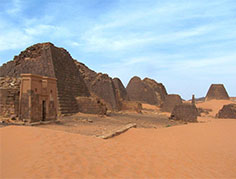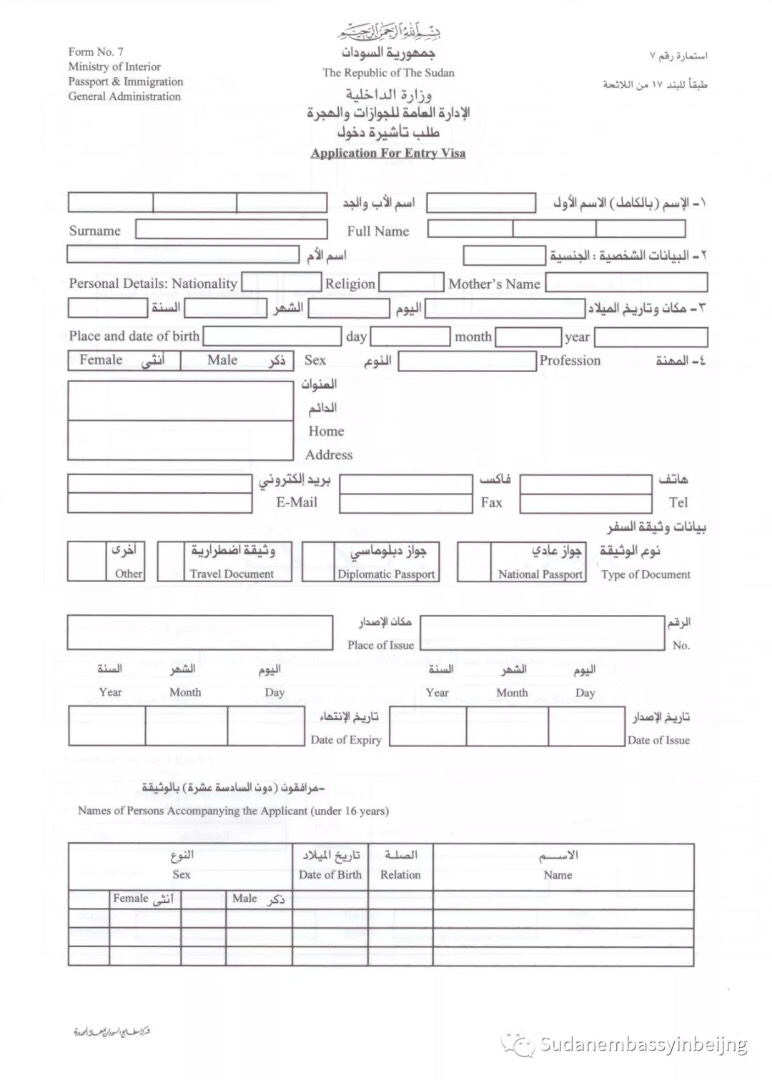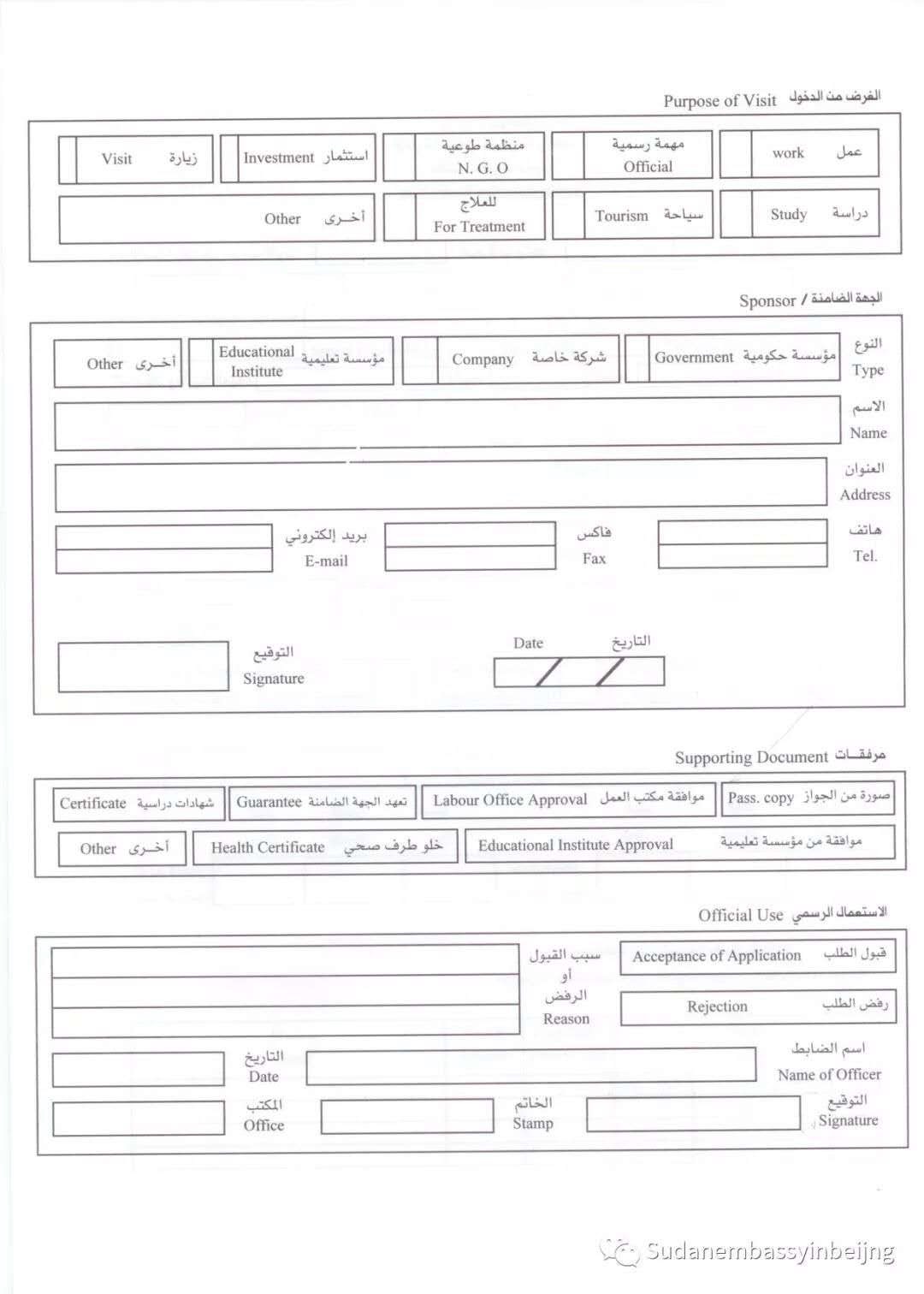
SUDAN ECONOMY- A Land of Burgeoning Potential
On top of vast oil wealth and sanctions-defying 8 per cent growth 40 million cattle, 50 million sheep, 40 million goats, and 4 million camelsThe Sudan is an enigmatic country in more respects than one. Africa’s largest nation, the country stretches the whole of 2.5 million square kilometres with one of the continent’s widest and richest variety of resources — human and natural, economic and social — within its borders.Perhaps because of its vastness, Sudan sits at the crossroads of Africa. To understand the pivotal location of Sudan, one needs to consider her nine neighbours — Egypt and Libya to the north provide the link to Arabia, Mediterranean North Africa, Chad and the Central Africa Republic to the west, and the southwest brings in the African hinterland connection of the Democratic Republic of Congo, Uganda and Kenya, making the country very much part of the Great Lakes and eastern Africa region; Ethiopia and Eritrea to the east are reason enough for Sudan to be considered a Horn of Africa country while Saudi Arabia, across the Red Sea (in addition to Egypt and Libya) justifies consideration as a veritable Middle East nation.What’s more, the country not only straddles the River Nile but its two main tributaries — the Blue and White Nile meet in Khartoum, the capital city.Despite the instability witnessed in the past, the country’s economic growth has been averaging 8 per cent in the past decade, the main source of its economic prosperity being the vast oil resources. This economic growth, as the Minister for Information, Dr Kamal Mohammed, says, “is proof of the resilience of the economy against Western sanctions”.Indeed, revenues from oil exploration and exploitation explain the economic growth despite economic sanctions by the West. Intriguingly, Sudan only attained self-sufficiency in oil recently before commencing export. This was after the completion of a pipeline stretching from the oil fields and refineries to Port Sudan in 1999. It is anticipated that with largely untapped oil fields, Sudan will in future become a major oil exporter, perhaps the most important oil producer in Africa.Further to the oil revenues, Sudan is emerging as a key player in the petrochemicals sector as refineries are set up. It is predicted that Sudan will account for about 4 per cent of Africa’s oil by 2014.In 2008, the country attracted US$20 billion of direct and indirect investments mainly from her Arabic allies and oriental countries, particularly China and India. President Bashir says when Western countries decided to enforce sanctions on his country Khartoum opted for “a look East policy”. Indeed, he says, his country’s economic inclination is what has eventually been emulated by a good number of countries in Africa who detest the trade and economic conditions often imposed by Western countries in lieu of trade and economic engagements.“Despite allegations to the contrary, we have a legal and business framework that is backed by international standards. This is why isolation has not led to stagnation,” says the President about the thriving economy. Over and above mineral endowments, Sudan’s economy reclines on agriculture, which is described as the backbone of the economy. The Kenana Sugar Company on the banks of the White Nile, for instance, is an internationally recognised agricultural firm boasting production of over 400,000 tonnes of white sugar annually. The Kenana story is also illustrative of Sudan’s intent to bring on board multiple partners to its virtually unexploited agricultural sector. The ownership of the company traverses the Government of Sudan, Kuwaiti investors, the Kingdom of Saudi Arabia and various Arabic investors while deploying Western technology.To understand why Sudan is a sleeping giant in terms of agriculture, consider that of its 2.5 million square kilometres of arable land, only a paltry 20 per cent is under production. Access to the Nile as well as very fertile and well-watered lands in the south mean that once tranquillity is achieved, Sudan will become the breadbasket of Africa and beyond. Already, Sudan is a major contributor to the global livestock market, with mind boggling statistics of 40 million-plus cattle, over 50 million sheep, over 40 million goats, and over 4 million camels.Livestock products find their way to the Middle East mostly through Port Sudan on the Red Sea, an area that also remains underutilised as a tourist destination. Combined, agriculture and livestock account for nearly 40 per cent of the GDP.Cognisant of the country’s great agricultural potential, the Government, through the Ministry of Agriculture and Forestry, pumped in US$6.5 billion in a strategy calculated at enhancing infrastructure, particularly in the hinterland, improving research and upping irrigation works. Currently under implementation with a review set for 2011, the strategy has an inbuilt credit scheme for farmers.One of the most unique agricultural products of the Sudan is Gum Arabic, an extract from a variety of Acacia trees that are in abundance in Sudan. Used as a binding agent industrially and a food preservative, Sudan accounts for 80 per cent of world production, making it a key export. Like other natural products of the Sudan, Gum Arabic is not yet fully exploited. The gum is internationally marketed by the Gum Arabic Company.For eons, Sudan has been a notable producer of cotton, with the crop reaching 200,000 bales production in 2009. The cotton production is done mainly along the Nile River and it is estimated that, with investment in better technology in future, the country will become a world beater in production of the crop.The catchphrase of Sudan’s economy is “unexploited” or “underexploited” natural resources. Besides the irrigation potentialities of the Nile, the river has a huge potential for power generation. This was recently demonstrated by the construction of a power generating plant at Merowe Dam adding a significant 1250 Megawatts of electricity to the national grid. The Merowe Dam was constructed with funding from China, Sudan’s most significant investor. The Roseires Dam on the Blue Nile, which is nearing completion, will also significantly add to the Sudan’s power generation and it is envisaged that, in the near future, the country will start earning foreign currency from power generation.According to the Central Bank of Sudan, there are 31 banks operating in the country in addition to the vibrant Khartoum Stock Exchange which have recently undergone regulatory transformations to bring them in line with international practices.Most interestingly, as Western companies are discouraged from getting involved in Sudan principally due to political considerations, oriental companies have been welcomed with open arms and these include the China National Petroleum Corporation, the Oil and Natural Gas Corporation of India and Malaysian companies. Companies and state corporations from the Middle East countries United Arab Emirates, Saudi Arabia, Qatar as well as North African countries such as Libya and Egypt have also taken advantage of the absence of Western competitors to invest in Sudan.




